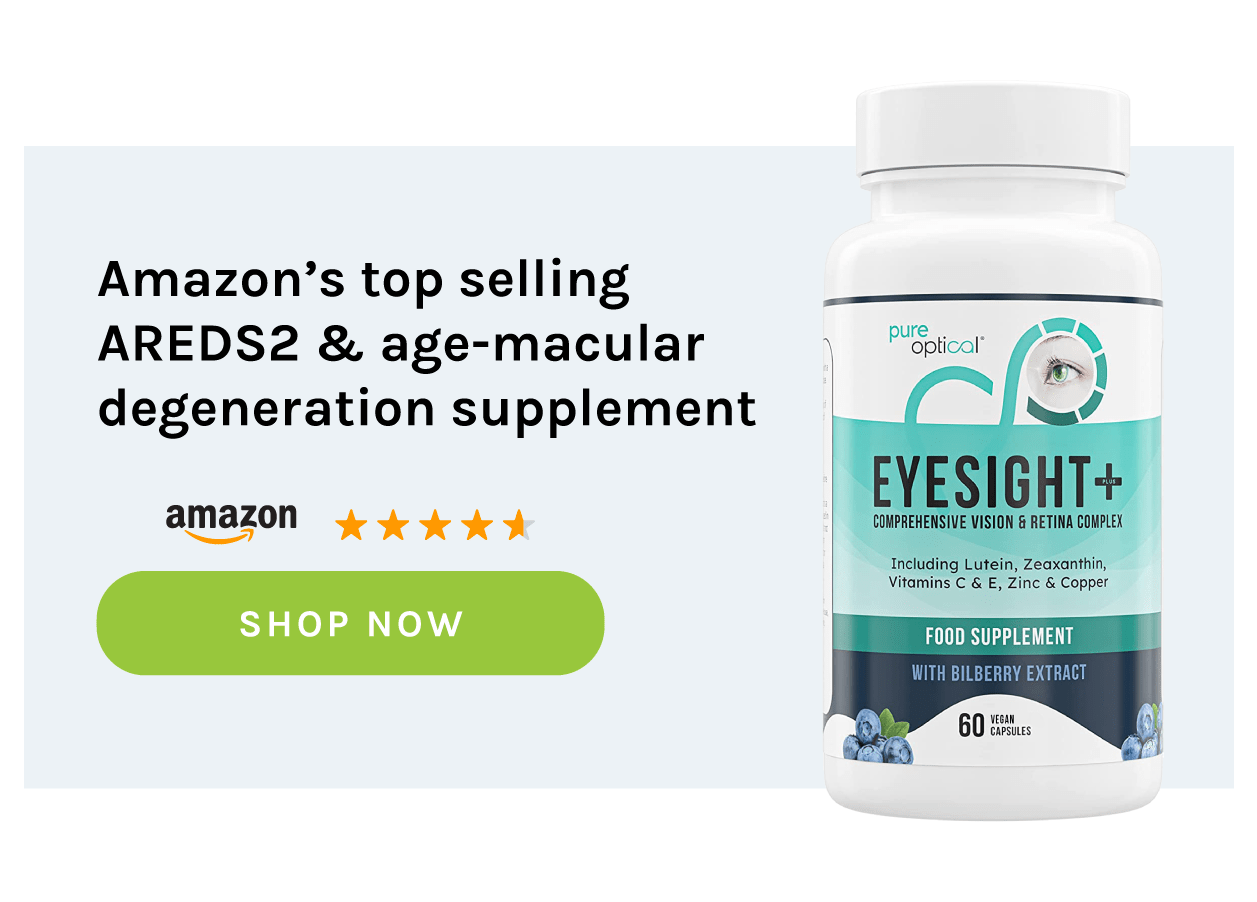Diet and lifestyle play a crucial role in the development and progression of AMD. While certain foods and supplements can be beneficial, others may exacerbate the condition. This article will delve into the foods to avoid or minimize if you are at risk for or have been diagnosed with macular degeneration.

Understanding macular degeneration
Before we delve into the foods to avoid, it’s essential to understand what macular degeneration is. It is a progressive eye condition affecting the macula, the central part of the retina responsible for sharp central vision. There are two main types of AMD: dry (the most common) and wet. As AMD progresses, central vision can become distorted or lost entirely.
Foods high in saturated and trans fats
1. Processed meats
Bacon, sausages, and other processed meats can contain high levels of saturated fats and nitrates. Regular consumption can lead to other health issues, such as cardiovascular diseases, which indirectly can worsen AMD.
2. Baked goods
Pies, cakes, and pastries often contain trans fats, which have been linked to inflammation, a potential trigger for AMD.
3. Deep-fried foods
Chips, fried chicken, and other deep-fried foods can be high in both saturated and trans fats.
Recommendation: Opt for lean meats, and choose baked or grilled foods over fried options. Read labels carefully to check for trans fats.
Foods with high glycemic index (GI)
Foods that quickly raise blood sugar levels may increase the risk of AMD. Examples include:
1. White bread
Made from refined flour, which quickly turns into sugar in the body.
2. Sugary cereals
These can cause rapid spikes in blood sugar.
3. Sweets and sugary beverages
Consuming too many sugary drinks and sweets can lead to increased AMD risk.
Recommendation: Choose whole grains and low-GI foods to keep blood sugar levels stable.
Excess salt
A diet high in salt can lead to hypertension, which may increase the risk of developing AMD.
1. Processed foods
These often contain high levels of hidden salts.
2. Crisps and salty snacks
Consuming these in large amounts can contribute to excessive salt intake.
Recommendation: Always check the sodium content on the nutrition label and reduce the intake of very salty foods.
Alcohol
Moderation is key. Excessive alcohol consumption can increase the risk of AMD.
Recommendation: Stick to the UK’s recommended alcohol guidelines. This means not regularly drinking more than 14 units a week for both men and women.
💡 More information: Can You Drink Alcohol With Macular Degeneration?

Additional factors influencing AMD
Apart from the foods you consume, it’s worth noting that various lifestyle and environmental factors can influence the development and progression of AMD.
Smoking
Smoking is a significant risk factor for AMD. Tobacco smoke contains toxic compounds that can cause oxidative stress and damage the retina. It also decreases the level of protective antioxidants in the blood, leaving the eyes more vulnerable.
Recommendation: If you are a smoker, seek guidance on smoking cessation. Numerous resources and support systems are available in the UK to help individuals quit smoking.
Obesity and sedentary lifestyle
Being overweight or obese increases the risk of many health issues, including AMD. A sedentary lifestyle can contribute to obesity and poor blood circulation, reducing the efficiency with which nutrients reach the eyes and toxins are cleared.
Recommendation: Engage in regular physical activity, be it walking, swimming, or other forms of exercise, to maintain a healthy weight and promote good blood circulation.
UV and blue light exposure
There’s growing concern about the potential damage caused by prolonged exposure to UV and blue light, especially from digital devices. While the exact relationship between blue light exposure and AMD is still under investigation, it’s wise to take precautions.
Recommendation: Wear sunglasses with 100% UVA and UVB protection when outdoors. When using digital devices for extended periods, consider blue light filters or special eyewear to reduce blue light exposure.
Regular eye check-ups
Regular eye examinations can detect early signs of AMD and other eye conditions. Early detection allows for timely intervention and can significantly slow the progression of the disease.
Recommendation: Ensure you have an eye test at least once every two years, or more frequently if advised by an eye care professional.
Dietary balance: not just what you avoid, but what you consume
While we’ve emphasized foods to avoid, equally vital are the foods you should consume to support eye health. Green leafy vegetables like kale and spinach are packed with lutein and zeaxanthin, both of which are beneficial for the eyes. Omega-3-rich fish, such as salmon and mackerel, can also promote eye health and reduce the risk of AMD.
Recommendation: Introduce a variety of colorful vegetables and fruits into your diet, ensuring you consume a spectrum of vitamins and minerals. Aim for at least two servings of oily fish a week.
Supplement wisely with Eyesight Plus AREDS 2 vitamins
When managing or trying to prevent macular degeneration, it’s not just about avoiding certain foods. It’s also about ensuring that you’re getting the right nutrients. One reputable product on the market is Eyesight Plus Vitamins for Eyes. This product is formulated based on the Age-Related Eye Disease Study 2 (AREDS2) findings, which highlighted the role of certain vitamins and minerals in slowing the progression of AMD.
By including this supplement in your routine, you can ensure that your eyes are getting beneficial nutrients like lutein, zeaxanthin, vitamin C, vitamin E, zinc, and copper. Always consult with an ophthalmologist or healthcare professional before starting any supplement regimen.

Your diet is just one piece of the puzzle
While diet plays an integral role in managing AMD, it’s just one piece of the puzzle. A holistic approach that combines a balanced diet, an active lifestyle, protective measures, and regular eye care check-ups can significantly reduce the risk of macular degeneration and maintain optimal eye health as you age.





